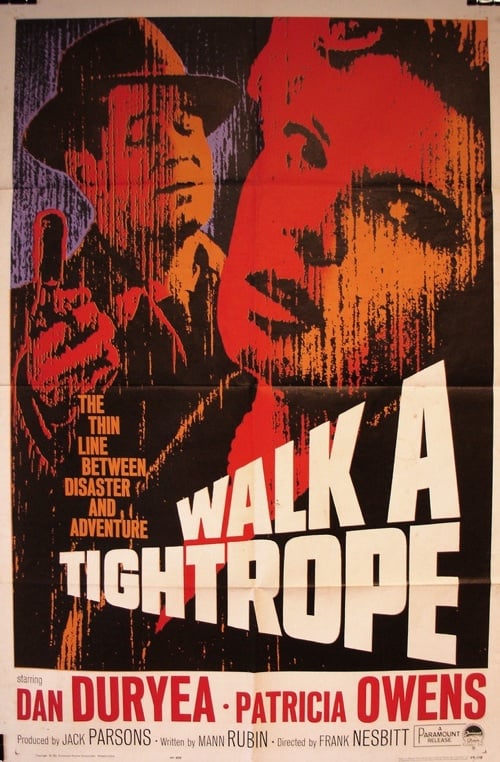REBOOTIANA
By:
March 31, 2011
Rebooting is a particular mode of relating to the past, to history. In it, we catch a glimpse of the elusive HiLo ideal.

In the context of writing about a pseudo-generation, discovered by yours truly, known as The Revivalists (born 1974-83), I’ve argued a few times since three years ago this month that unlike their immediate elders, who ironically mix and match fragments of received cultural forms (which sometimes results in works of great originality, and sometimes merely means freshening up reheated entertainments with nobrow air quotes), creative and clued-in Revivalists instead tend to reboot bygone cultural forms.
What is rebooting?
Rebooting is not a middlebrow nostalgia trip — because it’s suspicious of or indifferent to authenticity. Which, as far as the anti-middlebrow is concerned, is a shibboleth. Authenticity is always fake authenticity; on this point, highbrows and lowbrows, nobrows and hilobrows agree.
Nor is rebooting ironic, at least not in a snarky way — i.e., it’s unlike retro hipsterism’s irony, which is an apparently cool but secretly anxious/angry appropriation and aestheticization of previous social, cultural, and political forms and norms.
Rebooting is ironic, but in a philosophical [p-HiLo-sophical], as opposed to a snarky way. Note that (nobrow) ironic snark + (middlebrow) nostalgia = quatsch.
Rebooting means reviving (whence the moniker “Revivalist”) the spirit of a phenomenon from the past and giving it a new lease on life: i.e., contemporary relevance, significance. Retro, by contrast, means reanimating the phenomenon itself, forcing its spiritless corpse — the technical term is kitsch— to shuffle among us tragicomically.
Rebooting is a tricky balancing act, between past and present.

In “On the Use and Abuse of History for Life,” Nietzsche suggested that the best way for most folks to pull off such a balancing act is to encompass yourself in a (nobrow) “dome of ignorance.” Unless you do so, like the tightrope walker who performs in Zarathustra (just after Zarathustra announces that “Man is a rope stretched between the animal and the Superman — a rope over an abyss./A dangerous crossing, a dangerous wayfaring, a dangerous looking-back, a dangerous trembling and halting”), you may plunge to your doom.
Note that Zarathustra himself is not a nobrow! (Or to be precise, he is a recovering nobrow.) The nobrow in that scene is the unheimlich acrobatic clown who glides through the air above the human, all-too-human tightrope walker. Thus unnerving him, making him fall.
In Fear and Trembling, Kierkegaard uses a kind of dancing high-wire act as a metaphor for a Lebensphiosophie that would trump the apparently awesome (nobrow) mode of infinite resignation. Like the snarkily ironic clown in Zarathustra, because they reject the heimlich mode of sublime highbrows and pedestrian lowbrows alike, the knights of the infinite resignation in Fear and Trembling are athletic: “their gait is gliding and assured.”
Kierkegaard (or rather, his narrator, Johannes De Silentio) proposes that if such a thing as a knight of faith existed, she’d be notable not for gliding athletically above-it-all, i.e., unnerving those of us (human, all too human types) trying to balance on an existential tightrope. Instead, she’d be notable for her ability to “transform the leap of life into a walk, absolutely to express the sublime and the pedestrian.” Not that any of us possess the perspicacity necessary to notice this; to us, the knight of faith appears absolutely commonplace, heimlich.
Which brings us to the 2010 song “Tightrope,” by Janelle Monáe (who is technically a year or two younger than the Revivalists, but who sports a revivalist look), which suggests that “Baby, whether you’re high or low/Whether you’re high or low/You gotta tip on the tightrope … See I’m not walkin’ on it/Or tryin’ to run around it/This ain’t no acrobatics … I can’t complain about it/I gotta keep my balance/And just keep dancin’ on it.”
The retro hipster engages in above-it-all acrobatics; rebooting ain’t no acrobatics.
HiLobrow loves Janelle Monáe. Snarky irony is cheese; who among you would dare accuse Monáe of cheesiness? At the same time, she’s not interested in authenticity-mongering.
Nor is James Bridle, who has recently published a manifesto-ish series of blog posts praising those who copy the past in a way that’s neither slavishly authentic (he rejects, for example, “a resurrection of an imagined past which is still too drenched in pure nostalgia to serve any revolutionary purpose”) nor snarkily ironic (“the aesthetisisation of anything is an abdication of its politics, because the aesthetisisation of politics is fascism, and fascism is the opposite of imagination”).
HiLobrow loves James Bridle, who at one point in his series of posts captures the rebooting ethos in a phrase inspired by the efforts of medieval scribes: “Copying is an act of creation — recreation is creation because it arouses the spirit of the original in a new time, giving it new meaning.” And who elsewhere calls for a balance of highbrow “yammering” and lowbrow “hammering.”

Rebooting means employing imagination and spirit to appropriate and tweak preexisting cultural forms and productions and styles for yourself, without middlebrow nostalgia or nobrow irony. It means a dangerous wayfaring betwixt past and present, a simultaneous expression of the modes of the sublime anti-lowbrow, who knows too much about the past, and is paralyzed, and the pedestrian anti-highbrow, who knows too little about the past, and is doomed to repeat it.
Rebooting means tippin’ on the tightrope.
READ MORE essays by Joshua Glenn, originally published in: THE BAFFLER | BOSTON GLOBE IDEAS | BRAINIAC | CABINET | FEED | HERMENAUT | HILOBROW | HILOBROW: GENERATIONS | HILOBROW: RADIUM AGE SCIENCE FICTION | HILOBROW: SHOCKING BLOCKING | THE IDLER | IO9 | N+1 | NEW YORK TIMES BOOK REVIEW | SEMIONAUT | SLATE
Joshua Glenn’s books include UNBORED: THE ESSENTIAL FIELD GUIDE TO SERIOUS FUN (with Elizabeth Foy Larsen); and SIGNIFICANT OBJECTS: 100 EXTRAORDINARY STORIES ABOUT ORDINARY THINGS (with Rob Walker).
